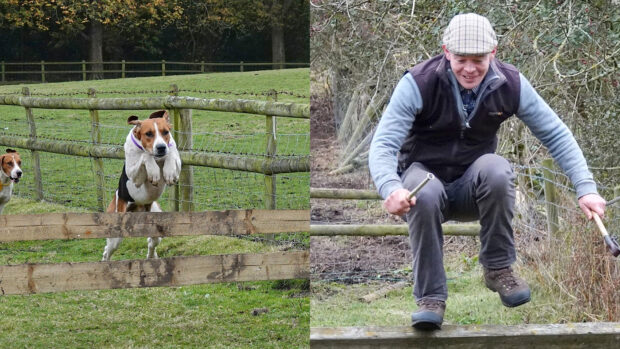Populations of some wild animals should be controlled by hunting, a new report suggests.
The Veterinary Association for Wildlife Management’s (VAWM) report Life in the Wild has been welcomed by the Masters of Foxhounds Association (MFHA) and Countryside Alliance (CA).
The CA’s Jim Barrington said: “If this report had been around 10 years ago we would not now be talking about the need to repeal a Hunting Act.”
The report brings together 11 different research papers highlighting differences between the ways in which wild and domestic animals live, and approaches to their management and welfare.
It shows that wild mammals have behavioural, psychological and anatomical differences from domestic ones and their responses are different.
And it argues that wild animals are adapted to being hunted, they lack the complex brain facility to experience fear and the concept of death, and in the absence of a predator or man’s intervention, death for a wild animal is protracted.
“Some people’s arguments run ‘you would not hunt your dog, so why hunt a fox?’ Of course you would not, but you have other ways to deal with a dog that is predating stock, is diseased or injured,” said Mr Barrington, who was involved in compiling the research.
The VAWM was formed to enable vets to contribute to debates about wildlife.
- Life in the Wild was launched at the CLA Game Fair on Saturday (23 July) and can be downloaded from www.vet-wildlifemanagement.org.uk
This news story was first published in Horse & Hound (21 July, 2011)



